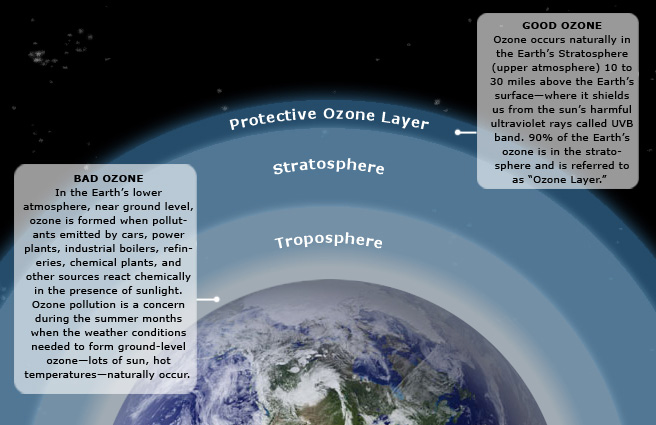UPSC Articles
Low Ozone Over Brahmaputra River Valley observed
Part of: GS Prelims and GS-III – Climate Change
In news
- Recently, scientists at the Aryabhatta Research Institute of Observational Sciences (ARIES), Nainital, have evaluated the near surface ozone in the Brahmaputra River Valley (BRV).
- They assessed seasonal characteristics of ozone to identify the emission source of ozone and its precursors, especially methane (CH4) and non-methane hydrocarbons (NMHCs).
Key takeaways
- Scientists have found relatively low concentration of ozone over BRV (Guwahati – Assam) compared to the other urban locations in India.
- The pattern of ozone concentrations in the BRV indicated that it was strongly influenced by local oxides of nitrogen (NOx) sources with an adjacent national highway being the likely major source.
- High ozone winter concentrations were observed.
- This could be due to local biomass burning providing reactive volatile organic compounds (VOCs) that contributed to ozone formation.
- In the pre-monsoon season, an impact of solar radiation (SR) on the photochemical formation of O3 was observed.















